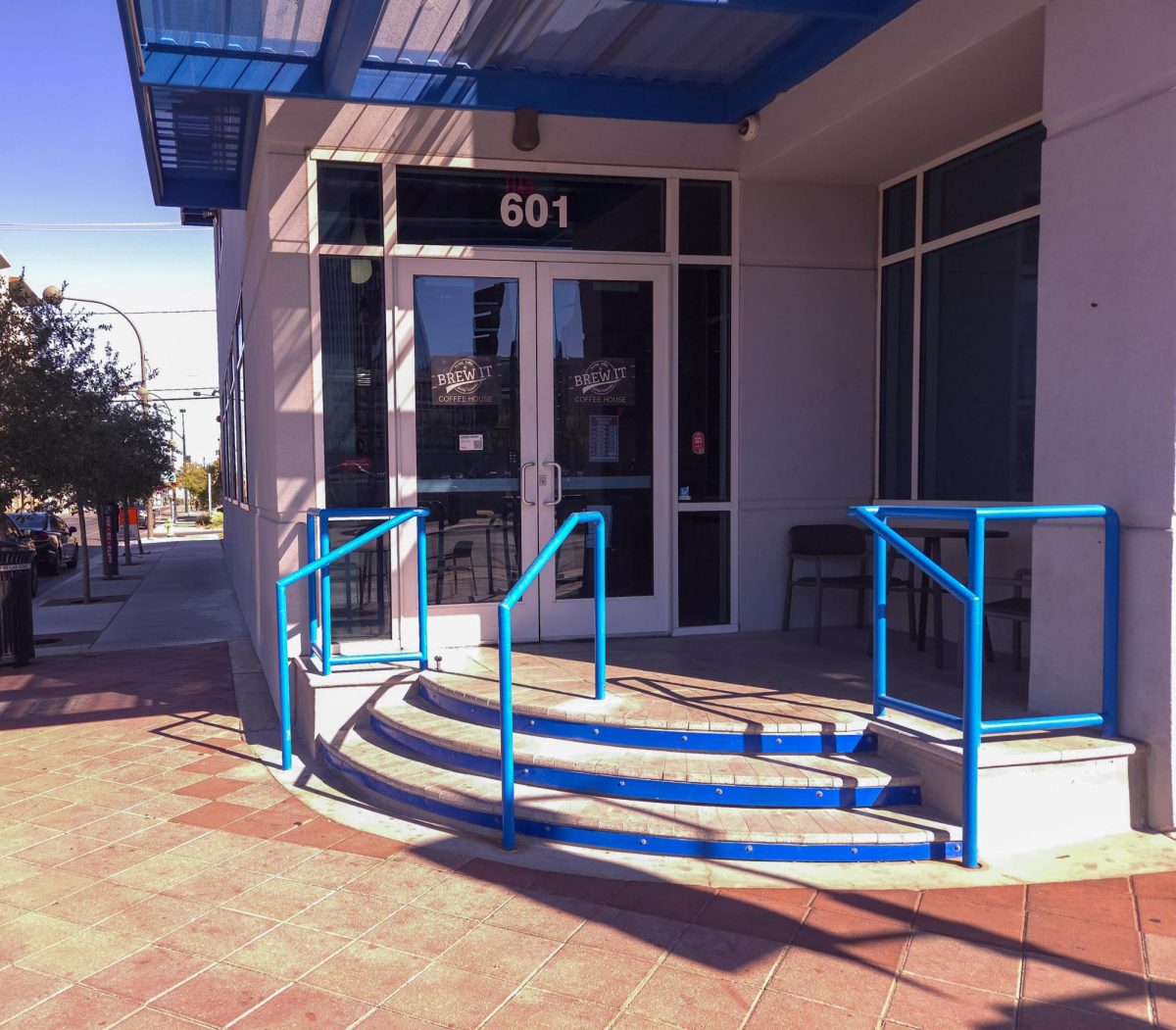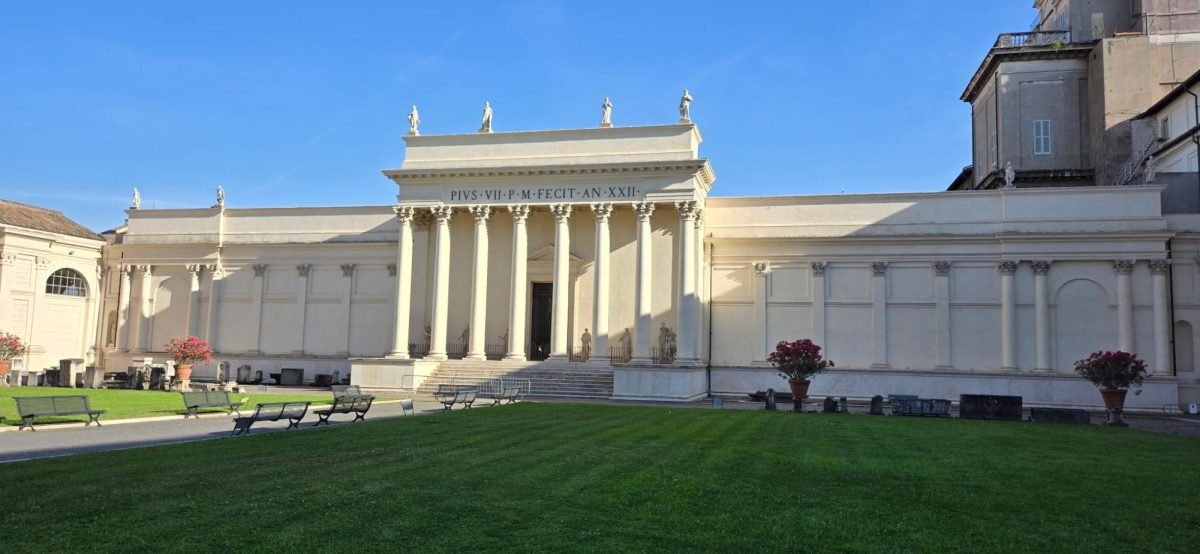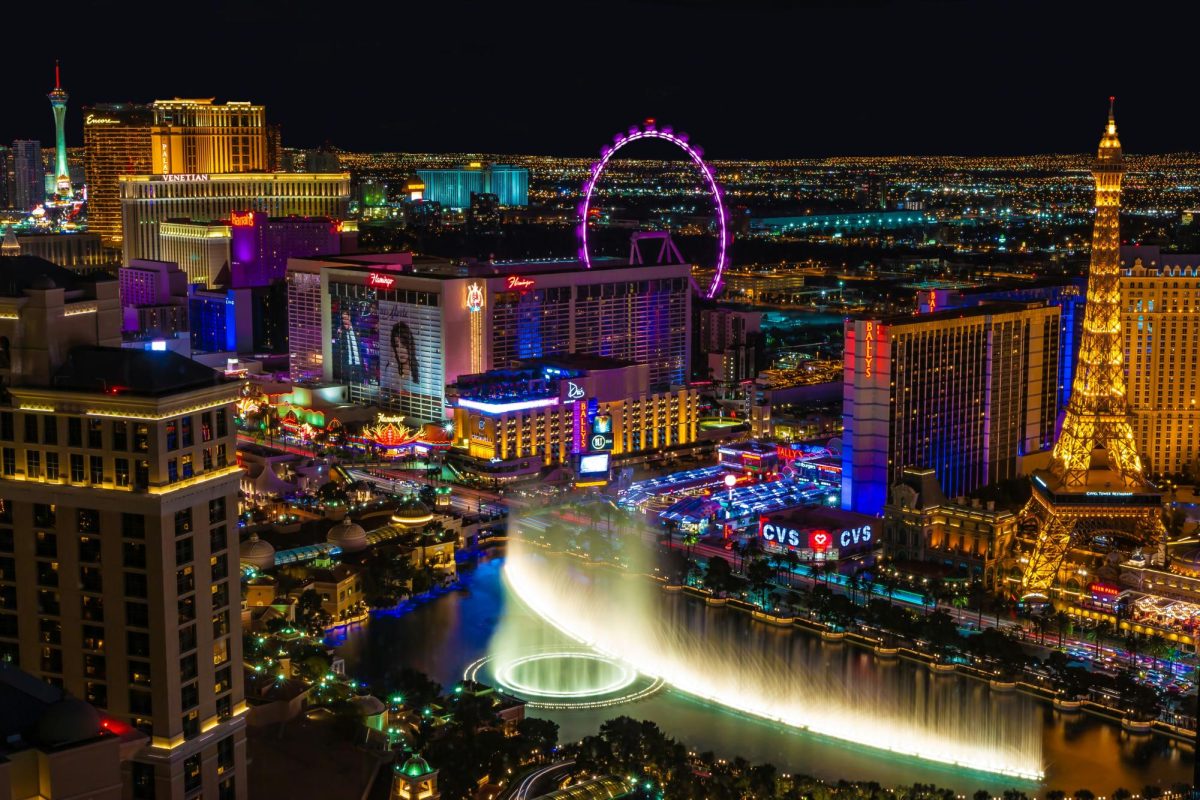According to the LVCVA Monthly Tourism Indicators of Las Vegas, Las Vegas attracts over 40 million visitors each year. While annual numbers vary slightly, the influx consistently raises important questions about its economic benefits, environmental challenges, and impacts on local youth. As visitor numbers remain high, these concerns are becoming more prominent and pressing.
Economy
Las Vegas benefits economically from its millions of visitors, who generated $79.3 billion in 2022 alone, even with a decline of 3.7 million visitors compared to 2019. This revenue supports local wages and stimulates economic growth. The constant influx of tourists causes the creation of numerous jobs in more fields, providing residents with more employment opportunities.
Tourist spending can support local education and infrastructure through taxes and increased economic activity. This financial boost helps fund public schools and improve infrastructure, providing significant benefits to the community. For the youth, this means better educational facilities and resources, contributing to a stronger system for future opportunities.
The heavy reliance on tourism makes Las Vegas’ economy vulnerable to changes in visitor numbers. During the pandemic, a 55% drop in visitor volume led to a 32.5% drop in employment rates. Additionally, a 78-day casino closure cost a loss of $6.2 billion. These numbers highlight the city’s economic fragility when tourist numbers decline.
The possibility of a slowdown in tourism is a constant concern due to fluctuating visitor numbers and spending. This creates uncertainties in revenue and job security for Las Vegas residents. To decrease the risks of over-dependence on tourism, the city needs to explore diverse economic growth opportunities to stabilize and strengthen the local economy.
Environment
Tourism in Las Vegas brings several environmental challenges. The city faces a significant water crisis due to decreasing water levels in Lake Mead, and the influx of tourists only increases this concern. Additionally, the construction of new attractions on the Strip contributes to increased greenhouse gas emissions, further impacting the city’s air quality and environmental health.
Many efforts to promote sustainability in Las Vegas are already underway. Since 2005, millions of dollars have been invested in initiatives such as water conservation, solar power, and waste management, aiming to create a cleaner and healthier environment. On the Strip, many resorts have adopted sustainable practices by using eco-friendly materials and technologies to reduce their environmental footprint.
Many resorts have switched to solar power and improved water management practices. Additionally, they have enhanced their recycling and waste management initiatives. The Wynn Las Vegas has a recycling program that moves hundreds of waste from landfills each year. Other hotels have also started using composting to reduce food waste, showcasing a commitment to sustainability and environmental responsibility.
Youth Impact
Tourists contribute to local education and infrastructure through their spending, which can significantly benefit young residents. The increase in job opportunities not only helps youth prepare for their future careers but also provides them with diverse experiences and skills at an early age. These opportunities can cause personal growth and broaden their horizons.
However, an increase in tourism can lead to limited access to affordable housing and materials for local youth. The more tourists that choose to settle in Las Vegas, the more housing demand rises, which can drive up prices and make it challenging for young residents to find affordable options.
The tourism industry can be highly competitive, and for young people, this sometimes leads to exploitative situations. The wonder of the Strip may attract youth seeking opportunities, but they can become vulnerable to unethical companies, potentially leading to financial instability or even homelessness.
Tourists significantly benefit Las Vegas’ economy, yet their presence also brings challenges. While some solutions exist, unresolved concerns about over-dependence on tourism, ongoing environmental issues, and the impact on local youth could lead to negative consequences for the city. Addressing these challenges is important to ensure sustainable growth and community well-being.

























